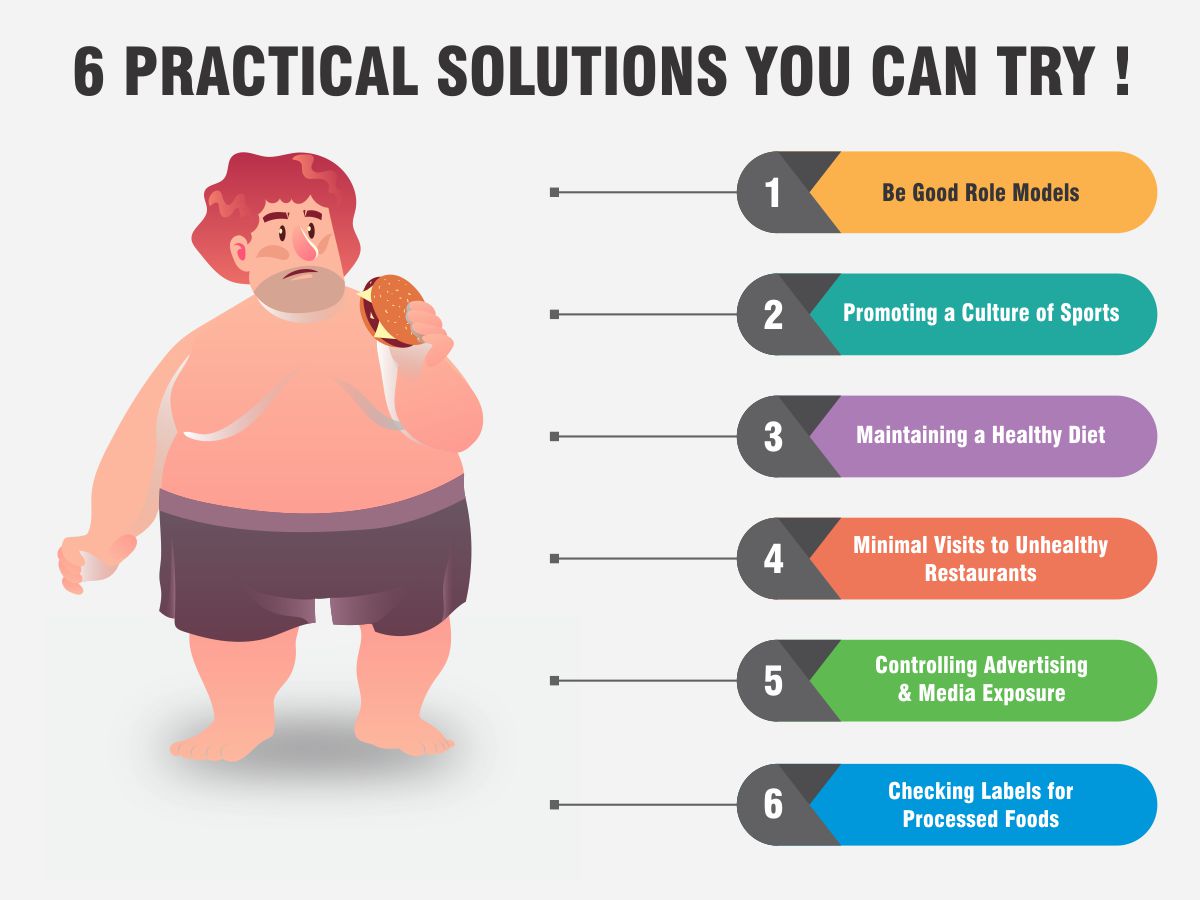Are Your Children At Risk For Diabetes and Obesity? 6 Practical Solutions You Can Try !
Obesity and diabetes are afflictions of not only adults; they also cause issues for children. Childhood obesity has increased threefold as of 1970. Reports claim that 1/3rd of children born after 2000 are likely to develop type 2 diabetes in their lifetime. An alarming quote from the New England Journal of Medicine claims: “There is now evidence that America’s children will be the first in the nation’s history to live shorter lives than their parents.”
America is not the only one burdened by such shocking trends; lifestyle diseases like diabetes and obesity are affecting children worldwide. India has the second highest number of obese children in the world after China, according to an alarming study which found that 14.4 million kids in the country have excess weight, claims The Indian Express.
Parents have to step in and ensure that their children don’t fall prey to lifestyle diseases. Good dietary and behavioural practices established at a young age can lead to healthier future generations. Balance should be maintained to not get tagged as a ‘party pooper’. Parents should help children in the following ways:
- Be Good Role Models
Children are impressionable and pick up many of their behavioural traits from parents. This puts impetus on parents to be good role models. If parents are responsible in their dietary habits and fitness regimes, children with adopt these attributes intuitively. Parents should stay fit and avoid high-sugar and high GI food items. Thus parents will create an environment where children will aspire to be healthy.
- Promoting a Culture of Sports
Parents should inspire their children to play sports so children remain physically active. Sports have additional benefits that enrich a child, for e.g., building a strong psyche, team work, etc. Care should be taken not to force physical activities, but rather creating an environment of joy. Children can play a sport of their choice based on their interests so the activity doesn’t become a chore.
- Maintaining a Healthy Diet
A dietary plan should be maintained that includes vital ingredients. These include low GI foods, wholesome fruits and vegetables, diary, etc. Parents can consult a dietician to formulate an appetizing meal plan that includes essential food groups. One should not come across as an authority figure as it will compel a child to rebel and indulge in unhealthy snacks unbeknownst to parents. Cheat days can allow a few comfort food items.
- Minimal Visits to Unhealthy Restaurants
Quick service restaurants and other eateries are very liberal with ingredients that can make food more delicious, but harm a child’s health. Parents should make children understand the harmful effects of eating out often. Such visits should be encouraged only during celebrations. Even at restaurants, children should be educated on unhealthy food choices. A mix of low GI and comfort food should be ordered to balance a meal’s GI load.
- Controlling Advertising and Media Exposure
Online and traditional media channels can expose children to myriad products that look enticing, but ultimately harm their health. Innocent minds of children are gullible. Misleading ads create an unreasonable desire in children to demand foods rich in preservatives, sugar and high GI. By curtailing their media exposure, parents can protect their children. They can employ measures such as watching ad free content services like Netflix, install ad blockers to filter online banner ads and record children’s shows to skip advertisements entirely.
- Checking Labels for Processed Foods
Children are oblivious to the harm cause by processed foods. They are persuaded by colourful and creative packaging. Peer pressure can also lead to incorrect consumer choices. Parents should check nutritional labels on processed foods to ensure that food items are not loaded with sugar, trans fat, triglycerides, and other unwanted dietary ingredients.






